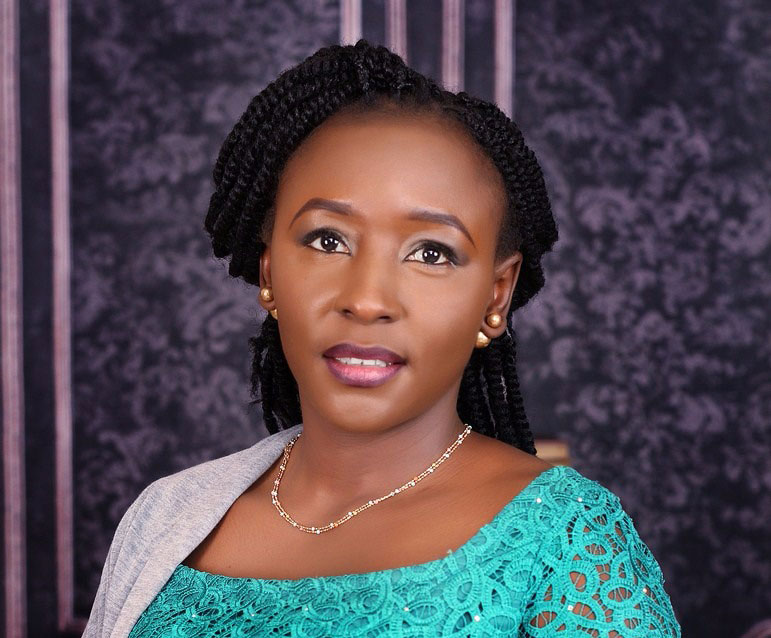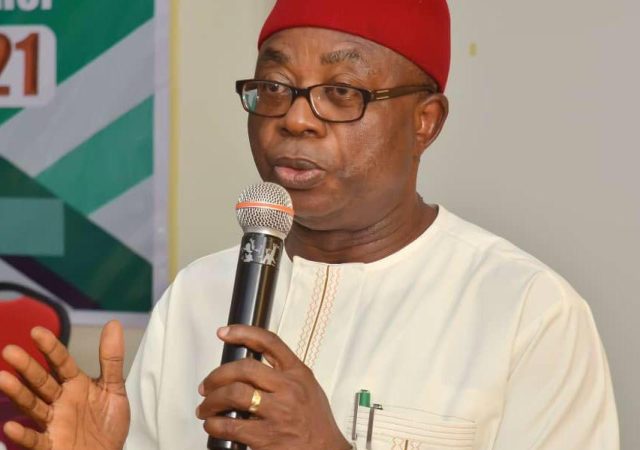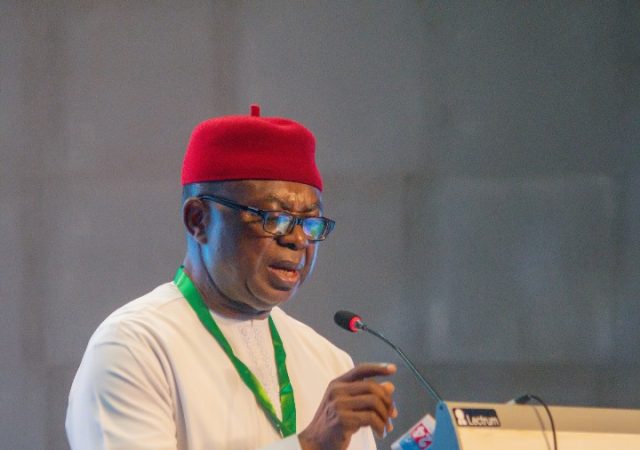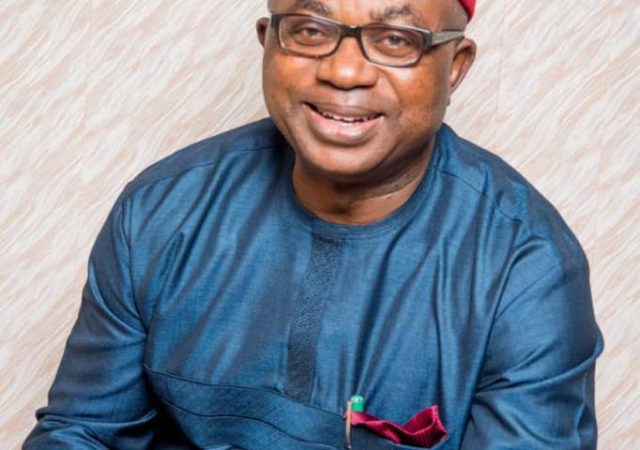One of the leading advocates for better healthcare in Nigeria, Victoria Akai Dare speaks to Green Savannah Diplomatic Cable on various issues;
Excerpts
Why have you consistently advocated for increased funding of the health sector in your country?
I have always had the passion to promote the improvement of human welfare. I believe that most of the issues associated to poverty in my country are artificial. Of course not all, but yes most of it. The bulk of the poverty issues in Nigeria and Africa in general are outrightly caused by bad governance. Every Nigerian has a story bad enough to motivate him to speak out and demand for improvement in governance or service delivery.
As someone who has been involved in the health sector over the years, what are the issues that you think are bothering on the health sector?
I would say introducing healthcare plans and programs without a solid sustainability strategy especially at community level is a major factor slowing down the improvement of healthcare delivery. I believe that one way that this can be tackled is through programs that encourage community ownership and monitoring of healthcare delivery.
Also, a functional Community Health Insurance System where a social security system that guarantees the provision of needed health services to persons on the payment of token contributions at regular intervals is also essential. These contributions can be made by all categories of income earners (even the very low income earners). This will reduce uncertainties about the timing and form of future health care consumption and consequently the cost of consumption.
Health insurance scheme has two prime functions; to provide a pool of funds to cover all or a percentage of the cost of health care for those who contribute to the pool; and to encourage providers and consumers to use health services in a cost-effective manner.
The second function of the scheme is social, including social equity. It removes financial barriers to obtaining health care at the time of illness for the vulnerable groups in the society, such as the very young and the elderly, and the chronically ill, most of who are in the low-income groups and/or require expensive health care.
Other significant issues will include improvement of healthcare governance, transparency and accountability, data collection and management as well as consumers’ low level of awareness of healthcare and development issues. I believe full implementation of the National Health Act will to a large extent cater for these issues and more.
You head a company that has been very active in the health sector at the national and international fronts. Would you like to speak on some of your experiences?
Some of the projects we have been privileged to manage include; Launch of the “End Child Marriage by Nigeria’s Vice President, funded by Federal Ministry of Women’s Affairs and UNFPA, the First National Vaccine Summit for the National Primary Health Care Development Agency and its partners, the launch ceremony of the National Routine Immunization Strategic Plan by Billl Gates, Aliko Dangote and the Minister of Health.
Others include planning and management of the First Newborn Health Conference, planning and management of Health and Mapping Summit in Nigeria, 2nd and 3rd Family Planning Conferences for the Association for the Advancement of Family Planning AAFP, planning and management of the Pneumococcal Summit amongst others.
Will you say your country is fair to the youth?
One area that I would say Nigeria has not been fair to its youth is in leadership. Youth are not fairly carried along in high level leadership. In fact, most youth who could have done very well in politics and high level leadership have not been mentored at all to consider even attempting the responsibility. The absence of the key involvement of well educated, skilled, intellectually brilliant and self-confident youth in leadership and strategic planning and development of a nation is an indication that a nation has poorly prepared for posterity and has undermined its capacity continue to exist.
This is the time when Nigeria should invest in establishing leadership institutes and introduce subjects and courses in our institutions of learning to address key issues that threaten our country’s posterity. We also need to look inwards to our cultural values and start doing those things we used to do in the past to keep our youth morally sound and productive.
Youth, 35 years and under are estimated to constitute about 70% of Nigeria’s population. This is a huge human resource and should be an advantage for Nigeria. Our youth population should put us ahead of nations if we prioritised to use it for national development.
What is your involvement in ONE campaign?
I joined ONE as a ONE Champion because I strongly believe in what the organization stands for. ONE is a campaigning and advocacy organization of more than seven million people around the world taking action to end extreme poverty and preventable diseases, particularly in Africa. In ONE we believe the fight against poverty isn’t about charity, but about justice and equality. Whether lobbying political leaders in world capitals or running cutting-edge grassroots campaigns, ONE pressures governments to do more to fight AIDS and other preventable, treatable diseases in the poorest places on the planet, to empower small-holder farmers, to expand access to energy, and to combat corruption so governments are accountable to their citizens. Cofounded by Bono and other activists, ONE is strictly nonpartisan.
About 2 million of ONE’s over 7 million members Nigerians. These members are critical to its work. They come from every walk of life and from across the political spectrum. They’re artists and activists, faith and business leaders, students and scientists. They take action day in, day out — organizing, mobilizing, educating, and advocating so that people will have the chance not just to survive, but to thrive.










